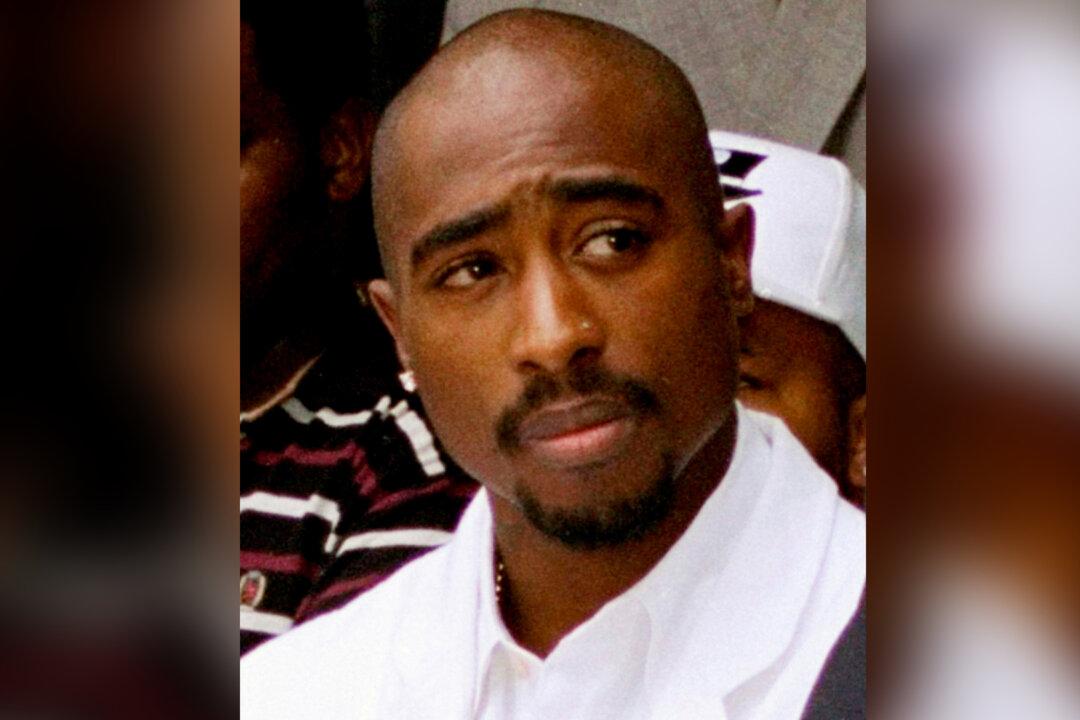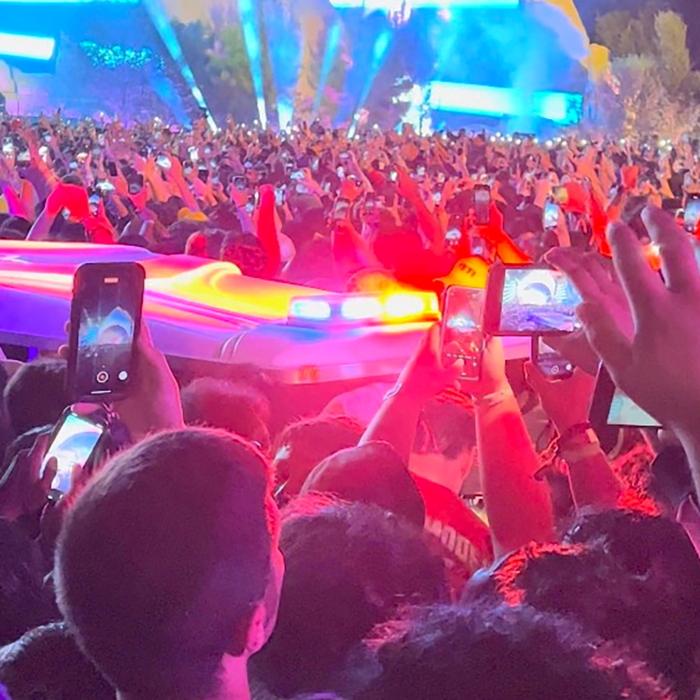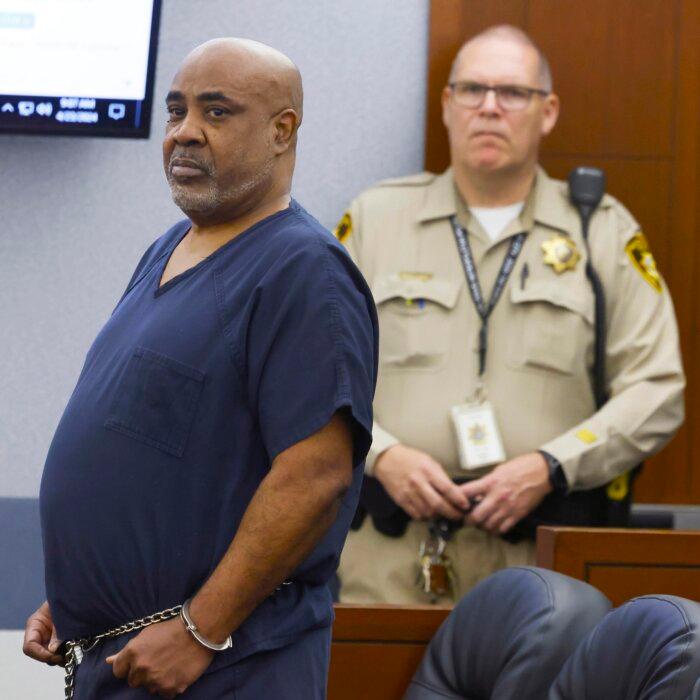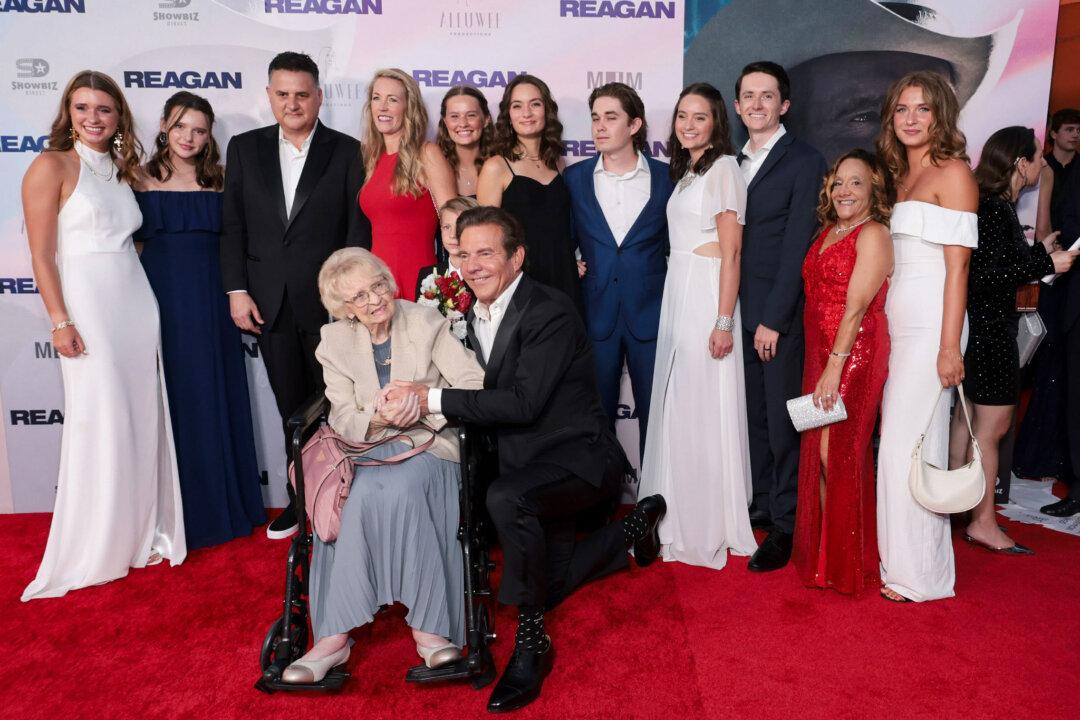On April 24, the legal representatives of the estate belonging to the late American rapper and songwriter Tupac Shakur took action against Canadian rapper, singer, and actor Drake.
In the letter, estate attorney Howard King described the use of Mr. Shakur’s voice as “a flagrant violation” of legal protocols and “a blatant abuse” of the artist’s enduring legacy.
Mr. King wrote in the cease-and-desist letter that Drake would have 24 hours to remove “Taylor Made Freestyle” from all distribution platforms.
“If you do not comply, our client has authorized this firm to pursue all of its legal remedies including, but not limited to, an action for violation of … the estate’s copyright, publicity, and personality rights and the resulting damages, injunctive relief, and punitive damages and attorneys’ fees,” the letter said.
As of the afternoon of April 25, the song was still published on Drake’s official Instagram account.
In the letter, the estate expressed profound disappointment and dismay at Drake’s unauthorized utilization of Mr. Shakur’s voice and persona against Mr. Lamar.
Asserting Mr. Lamar’s status as a close associate of Mr. Shakur’s estate and condemning the disparaging use of the late rapper’s voice against Mr. Lamar, the estate emphasized the disrespectful nature of Drake’s actions. Furthermore, the estate denounced the creation of a false impression that the estate endorsed or promoted the contentious track.
Public discourse surrounding voice cloning technology intensified last year with the release of “Heart On My Sleeve” by the artist Ghostwriter, which included AI-generated vocals resembling Drake’s voice.
This event triggered a widespread debate among industry stakeholders, legal scholars, and legislators.
Drake’s Legal Woes
This is not the first time Drake has been accused of copyright infringement.Also in 2022, former NBA Players Association head Billy Hunter filed a lawsuit against Drake, fellow rapper Future, NBA star LeBron James, and Mr. James’ business partner, Maverick Carter, alleging the defendants infringed on Mr. Hunter’s intellectual property rights when they produced the documentary “Black Ice.”
The film is about the Colored Hockey League, a segregated hockey league for black players in Canada founded in the late 19th century.
Mr. Hunter’s suit demanded profits from the film and $10 million in damages, claiming exclusive rights to produce any film about the Colored Hockey League. Mr. Hunter alleged a secret deal between the aforementioned defendants and George Fosty and Darril Fosty, the authors of the book “Black Ice,” who were also named as defendants.
The Epoch Times contacted attorneys for Mr. Shakur’s estate and Drake for comment, but they did not respond before press time.







